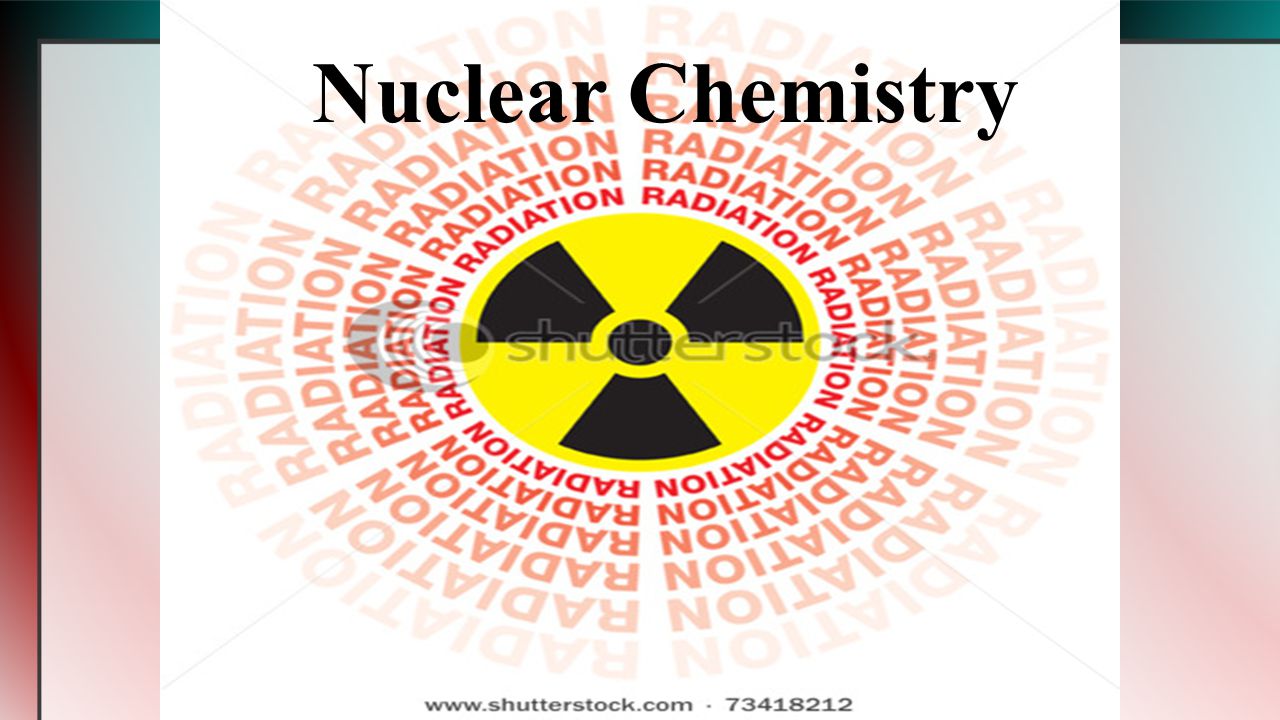Nuclear Chemistry
Nuclear chemistry is the sub-field of chemistry dealing with radioactivity, nuclear processes, and transformations in the nuclei of atoms, such as nuclear fission and fusion.
Particles
| Alpha Particles | Beta Particles |
Alpha particles are helium-4 nuclei (two protons and two neutrons).
| Beta-minus (β−) radiation consists of an energetic electron.
|
| Ionizing power is very high. | Ionizing power 1/100th of alpha particles.
|
| It has 4 a.m.u. mass. | Its mass is (1/4)*1836 than that of alpha particle. |
Controlled and Uncontrolled Nuclear Fission
| Controlled Nuclear Fission | Uncontrolled Nuclear Fission |
In a controlled interaction, 2 of the neutrons are absorbed and the other is allowed to induce another fission event.
| In an uncontrolled process, all the neutrons are allowed to induce a fission and the reaction continues exponentially.
|
| It can be used to harness energy. | It can be used for creating atom bombs. |
Artificial and Natural Radioactivity
| Artificial Radioactivity | Natural Radioactivity |
The spontaneous emission of radiations from an unstable nuclei is known as natural radioactivity.
| The process of emission of radiations from naturally occurring isotopes when they are bombarded with sub-atomic particles or high levels of X-rays or gamma rays is called artificial radioactivity.
|
| It can be induced in elements with low atomic numbers. | It usually occurs in elements with atomic number greater than 82 which which are naturally unstable. |
Nuclear Fusion and Fission
| Nuclear Fusion | Nuclear Fission |
Fusion is the process where two light nuclei combine together releasing vast amounts of energy.
| Fission is the splitting of a heavy, unstable nucleus into two lighter nuclei.
|
| It cannot be used for useful purposes. | It can be used in power plants to generate electricity. |
| Nuclear Reaction | Chemical Reaction |
| In it, nucleus of the reacting species are involved. | Valence electrons of reacting species are involved. |
| It doesn't change with changing in temperature,pressure and catalyst. | It changes with changing in temperature,pressure and catalyst. |
Nuclear Isotopes
Nuclear isotope, also called radioactive isotope is any of the several species of the same chemical element with different masses whose nuclei are unstable and dissipate excess energy by spontaneously emitting radiation in the form of alpha, beta and gamma radiation. Some of the examples are Co-60,C-14,I-131,U-235,etc.



